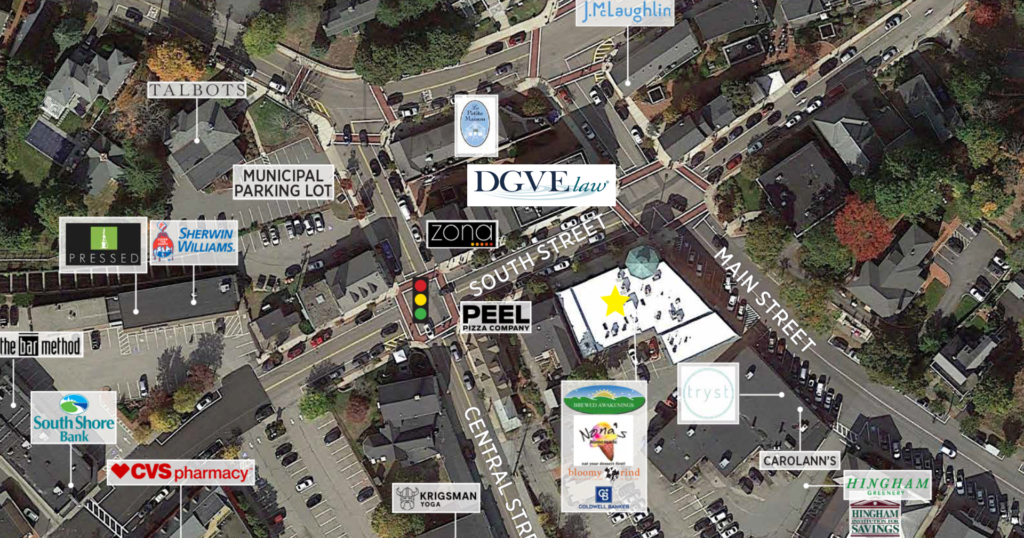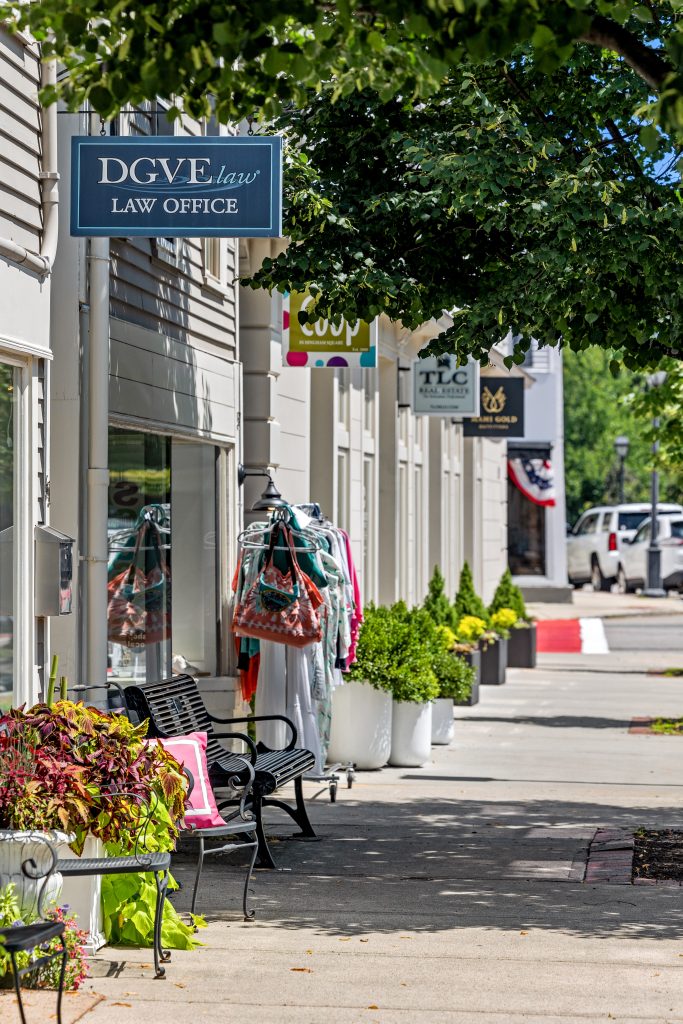[A member of our hyperlocal Facebook group asked a very common question while I was slowly enjoying my morning coffee, and I took some time to respond with more than just “here’s a link to my website” (which I’ve always felt walks a fine line near the ethical prohibition on lawyers soliciting business from someone she knows to be in need of services – that anti-ambulance chasing rule) in hopes a more thoughtful answer would be helpful to the original poster and to others.
Because I see this question so often in so many places, I thought I’d share the anonymously posted question and my reply here to help others who are ISO a referral to and need help not just to find “a lawyer to do a Will near me,” but really how to choose the right lawyer to prepare the right kind of comprehensive estate plan in the area.
My response has some specifics related to Massachusetts wills, trusts, estates, probate, living wills, and estate taxes, but the broader concept is universally applicable, as so many of my professional colleagues around the U.S. will attest. It’s reformatted from the original to make it easier to read, but otherwise the same.]
@Anonymous member – I’m a wills, trusts, & estates & probate lawyer here in Hingham, where I also live (almost 18 years now). My firm is DGVE law right in downtown Hingham Square on South Street.
Some advice to help you in this search: What do you mean by reasonably priced? On what are you basing that?
In MA a living will isn’t really a legal document (we don’t have statutory authority for it here, though it is still really useful & important practically). A living will specifies your end of life wishes – it’s the “pull the plug” document as most people say it.
A living trust is a totally different type of legal document & I’m guessing that’s what you mean. Living trusts make really good sense for a lot of people but even those have wide variations in terms of what’s in them – whether they are just to avoid probate, or also to minimize estate taxes here in Massachusetts (which are separate from federal estate taxes), or also to structure how your children or other beneficiaries receive whatever you have to leave them someday (& even then there’s a really wide variation for how to do that). But for some people, living trusts aren’t the way to go at all – to sound like an annoying lawyer, #itdepends.
Your personal family & financial circumstances & your goals will make the difference in what kind of estate plan you really need. An estate plan just means the total collection of all the documents that memorialize your entire plan for how you want your health care & assets managed & perhaps your family cared for both during your lifetime if you’re ever incapacitated temporarily short term or long term and after your death.
Part of your estate plan should absolutely include a general durable power of attorney to manage your bank accounts, pay your bills, & take care of you with your money if you’re ever incapacitated. There are several other health-care related documents every legal adult over 18 should also have no matter what.
All the documents should be the end point though, never the beginning. The documents should just be the writings that reflect your choices which you would make after you’ve had the benefit of individualized/personal legal counseling & advice that is specific to your unique circumstances.
When shopping around for anything, we all use price as a basis for comparison when we don’t know what else to compare to help us decide. That can be the wrong way to do it, especially with an estate plan. If we buy an expensive new appliance & take it home we will find out pretty quickly whether it works or not & how long it holds up under use. With an estate plan, though, when you need it to work it’s usually an emergency or a crisis situation & you aren’t able to change it right then or even know if it works at all, but your family will for sure find out then & you don’t want them to learn the hard way.
Here’s a blog post with some more thoughts about how to explore your options & make the best decision for you & your family: https://dgvelaw.com/how-do-i-find-the-right-lawyer-to…/
Aside from education, experience (life & professional), process, deliverables, & fees, desk side fit is really important because you’ll be sharing really private details about your family relationships, health, and finances. Not every lawyer is going to be the right fit for every client.
Fortunately, there is absolutely no shortage of highly qualified trusts & estates lawyers in our area (& most of us know one another & are friendly colleagues who collaborate & refer clients to one another for different reasons also) so you can for sure find the right lawyer for you.
Good luck!



